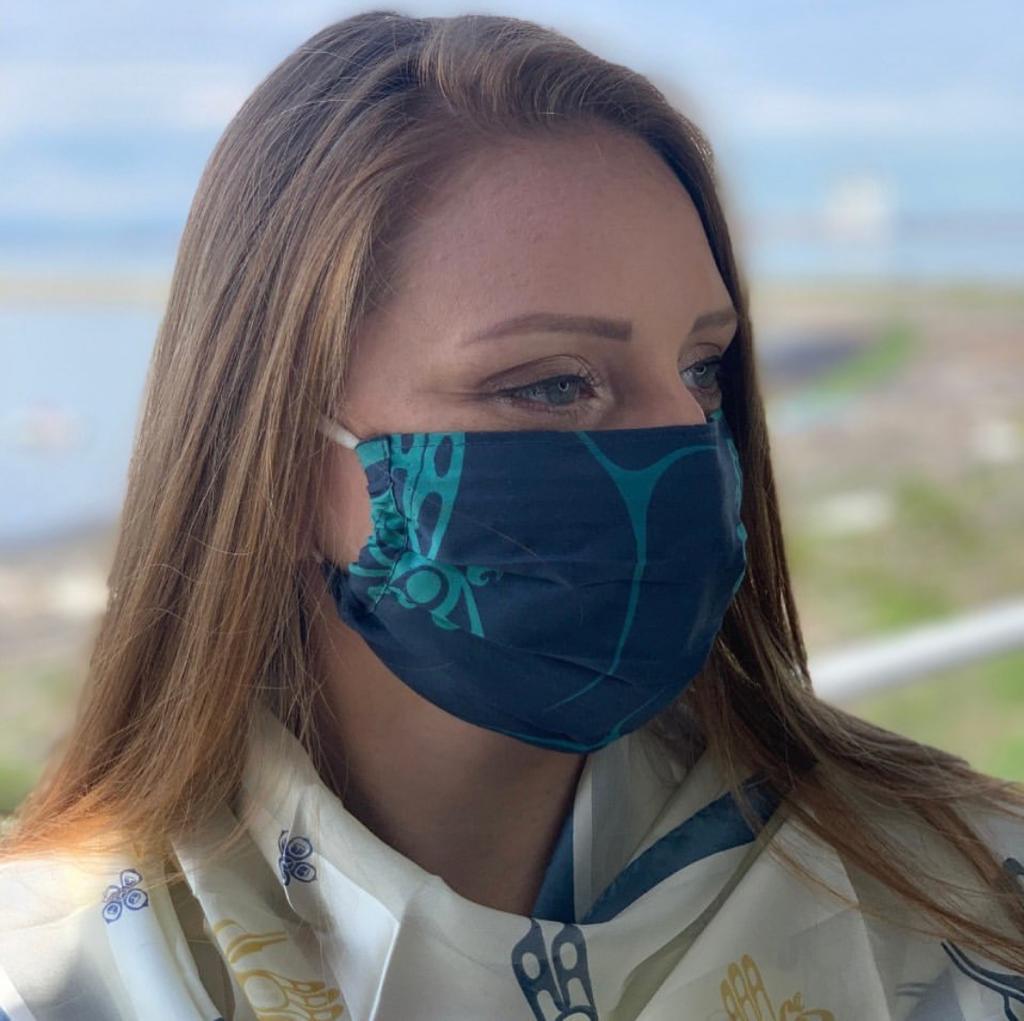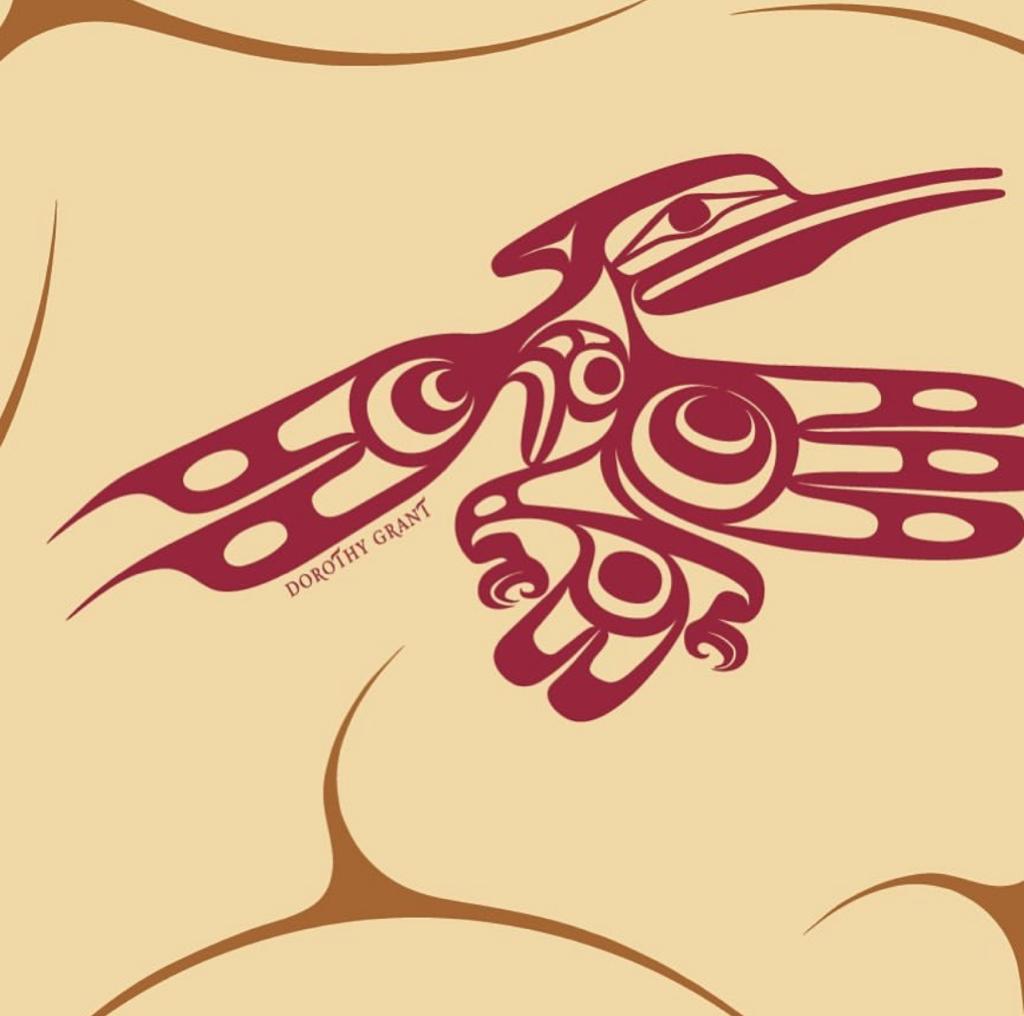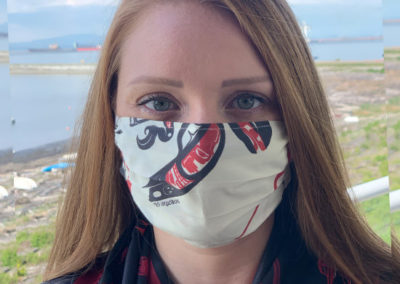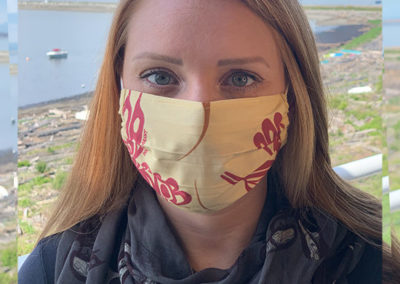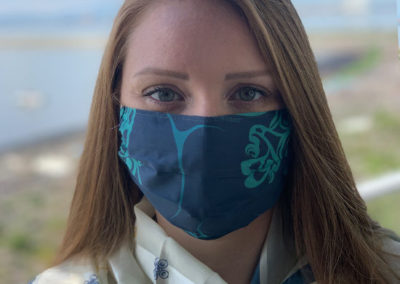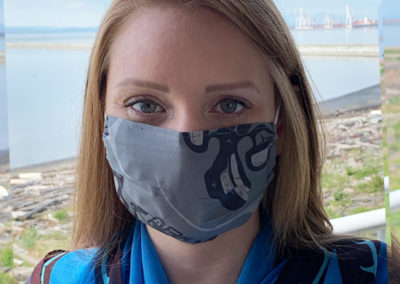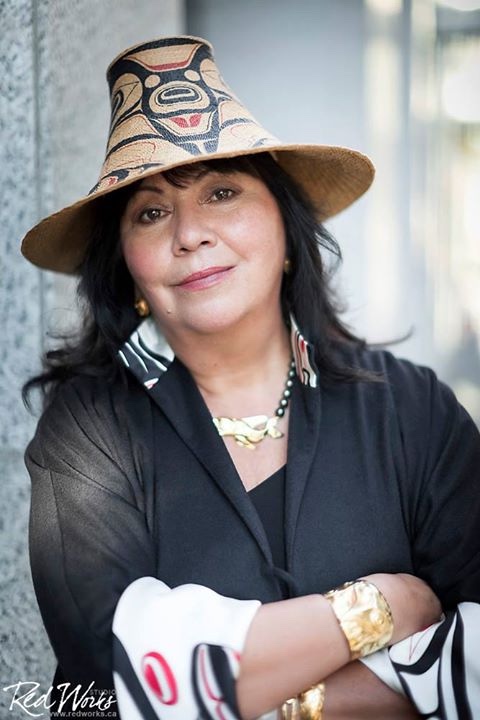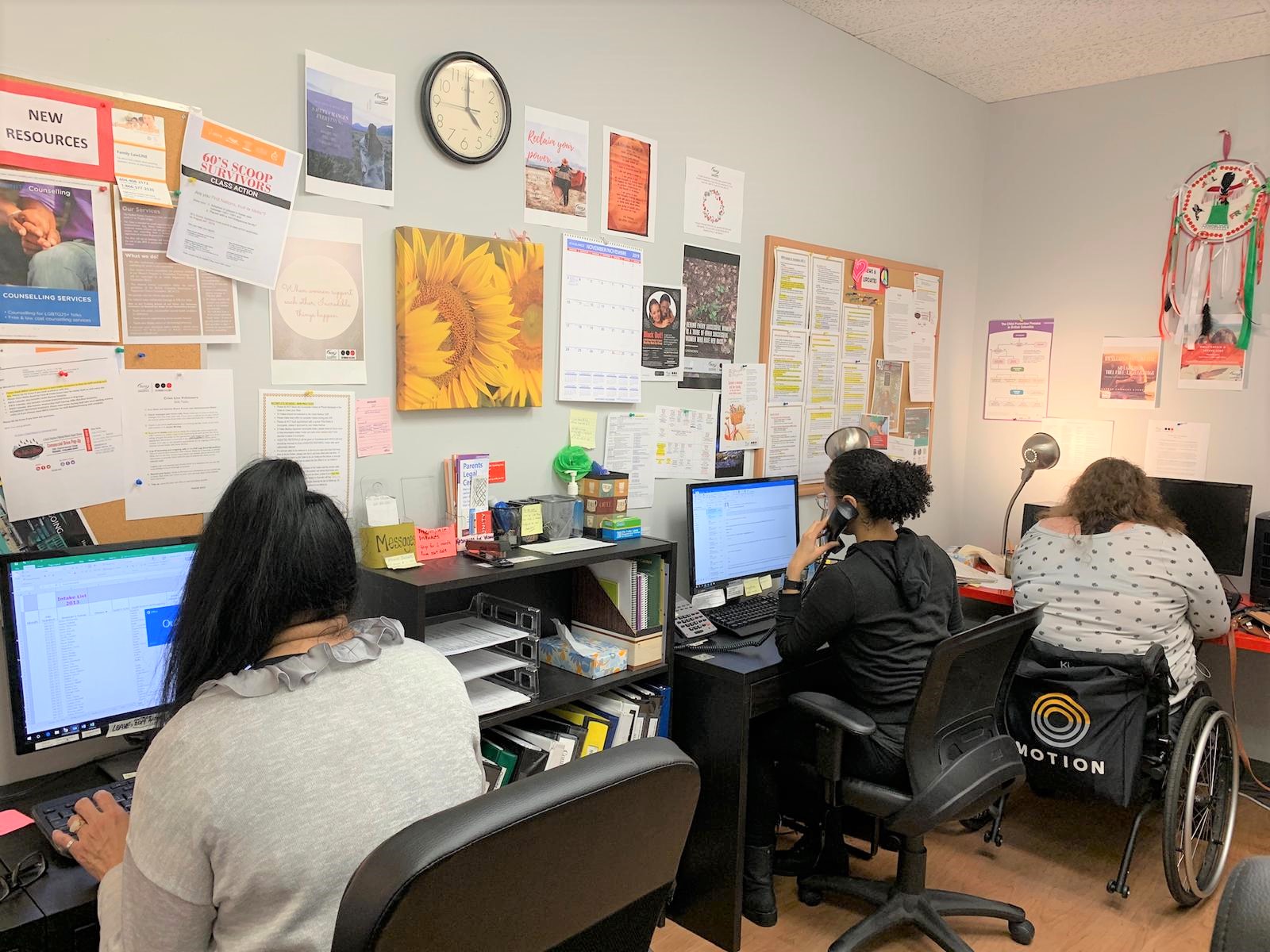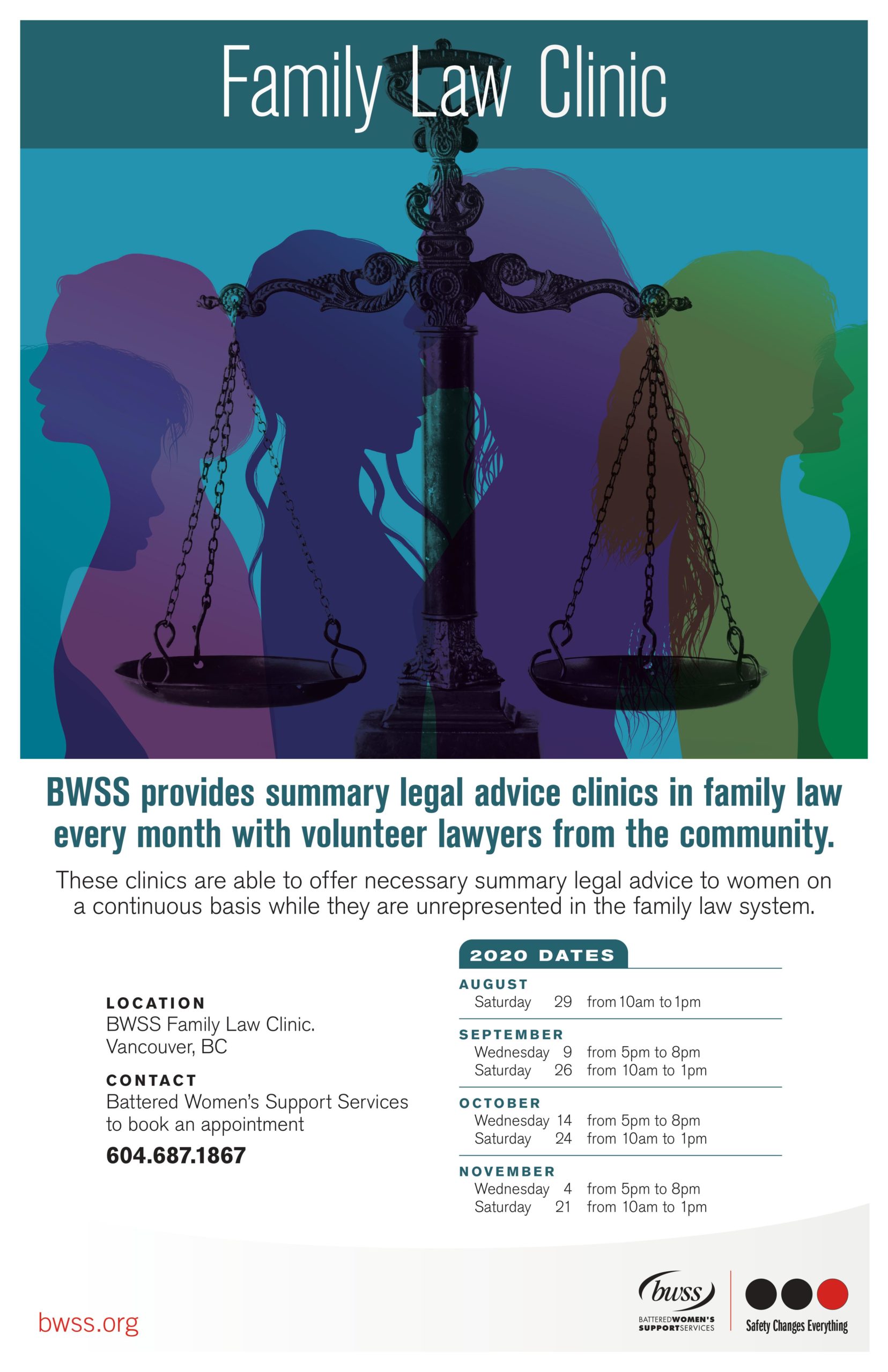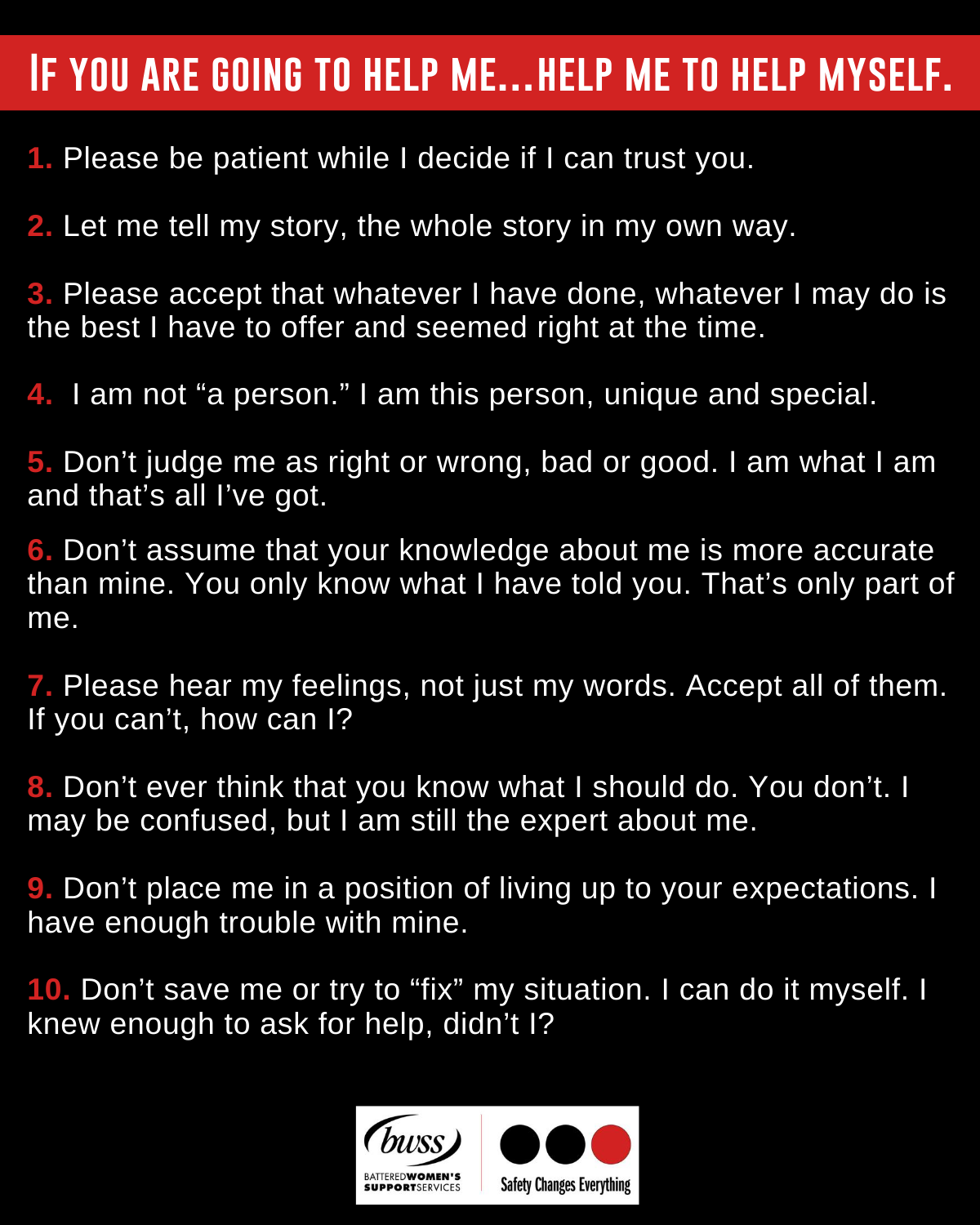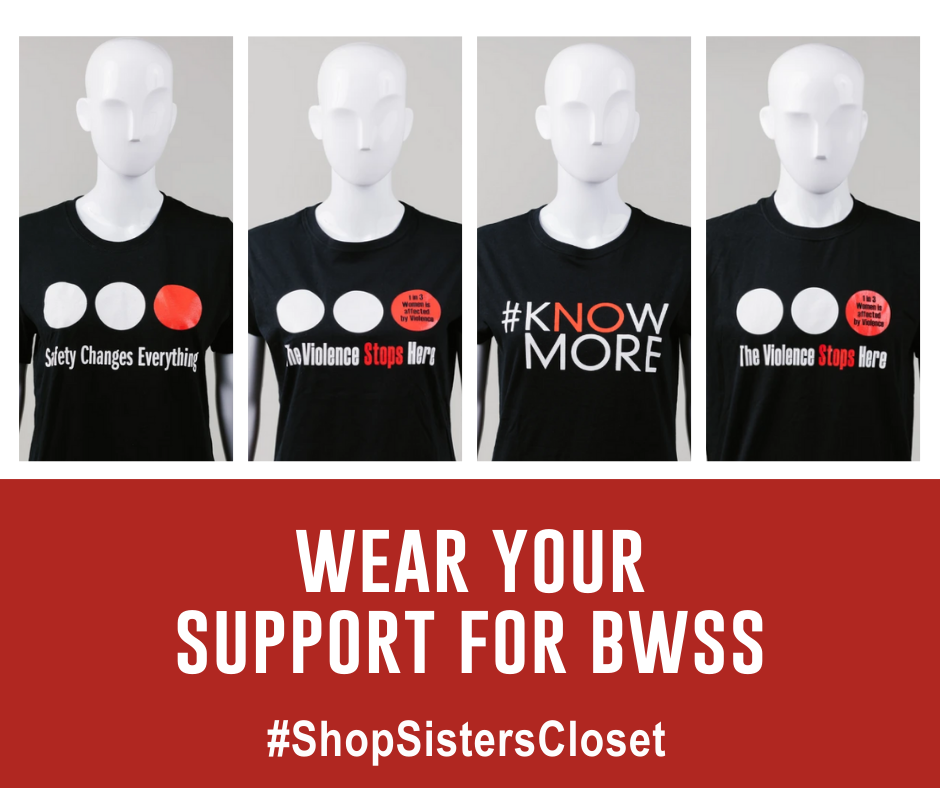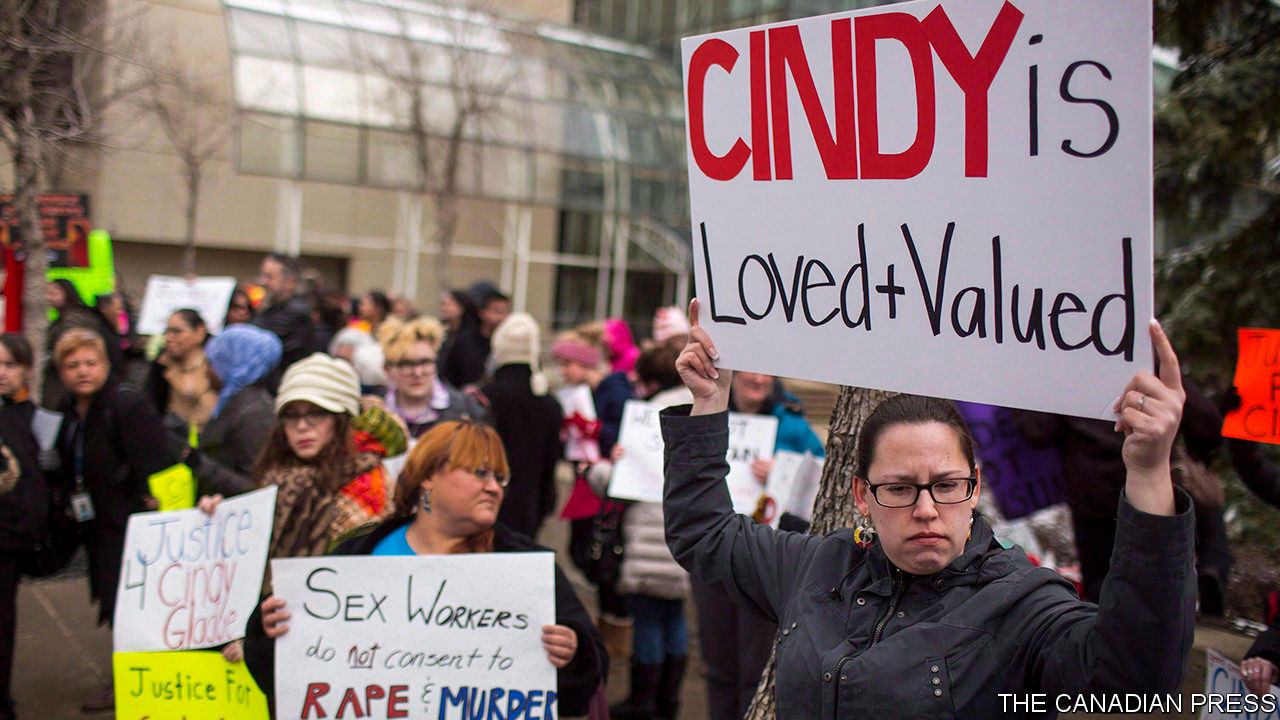Supreme Court of Canada’s anti-SLAPP judgments endanger survivors
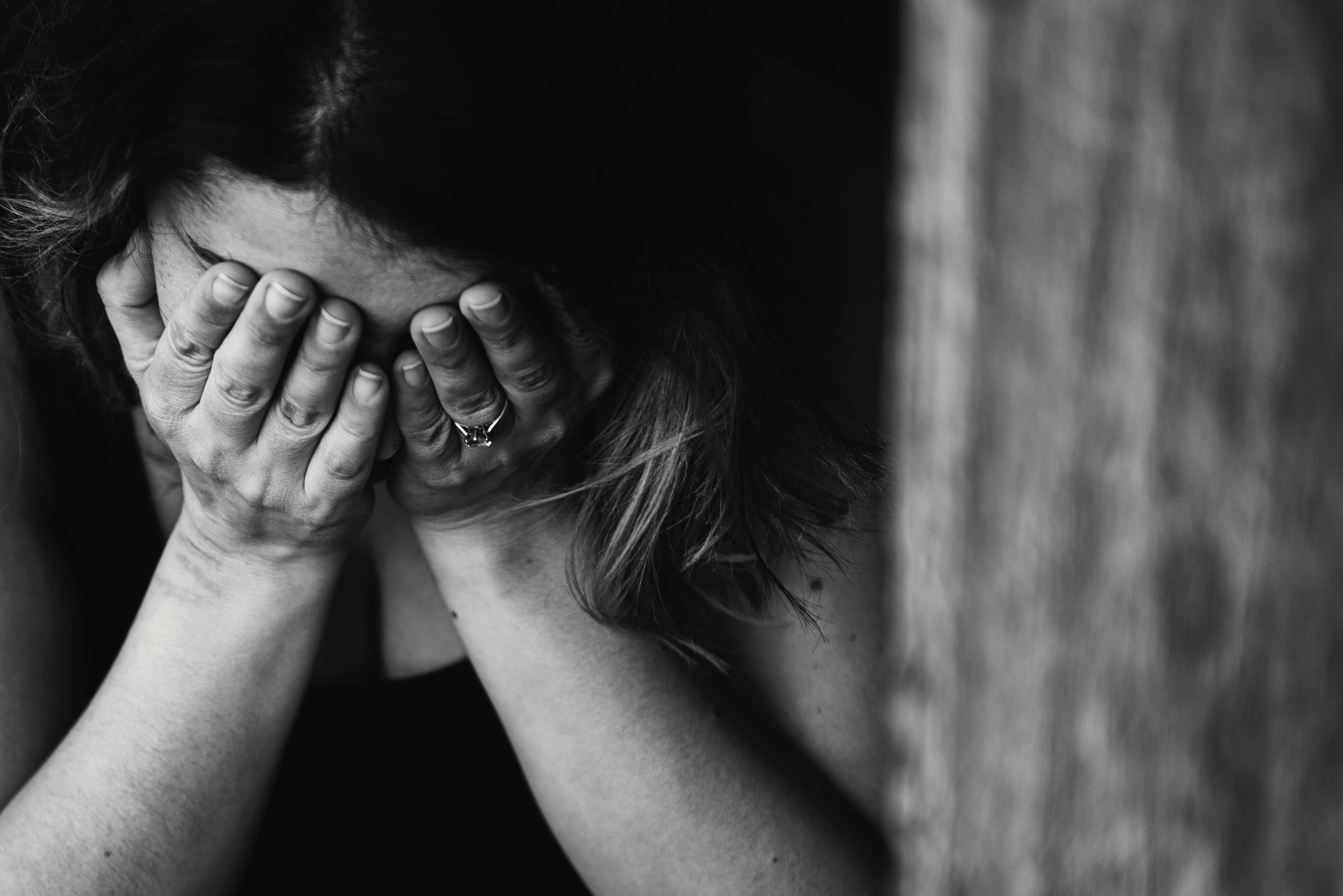
Supreme Court of Canada’s anti-SLAPP judgments endanger survivors of gender-based violence
On September 10, 2020, the Supreme Court of Canada (SCC) released judgments in two cases concerning the interpretation of Ontario’s anti-Strategic Lawsuits Against Public Participation (SLAPP) laws on which BC’s Protection of Public Participation Act is modeled. In response to the decisions, the anti-violence sector urges the Supreme Court to centre the voices of survivors of gender-based violence who can be faced with SLAPP suits when they speak out.
These cases – 1704604 Ontario Ltd. v Pointes Protection Assn and Bent v Platnick – are the first opportunities that the Supreme Court has taken to interpret anti-SLAPP laws. Though the cases were not about expression concerning sexual assault or gender-based violence, these judgments (linked below) were anxiously awaited by members of the anti-violence sector who anticipated the impacts that the rulings would have on survivors of marginalized genders.
In November of 2019, West Coast LEAF, Atira Women’s Resource Society, Battered Women’s Support Services, and WAVAW Rape Crisis Centre intervened in these cases in Ottawa, as a coalition of anti-violence organizations that work to combat gender-based violence and advance gender equity.
The coalition focused its arguments on the impact that strategic lawsuits against public participation (SLAPPs) have on survivors of gender-based violence. SLAPP suits filed by those accused of gender-based violence are of grave concern, as they intimidate and silence individual survivors, further chilling the reporting and disclosure of gender-based violence. Gender-based violence is already a grossly under-reported crime, and the coalition shares concerns that these rulings may result in additional trauma for survivors.
The Supreme Court does not specifically address the impact that SLAPP suits have on survivors of gender-based violence in these decisions. The Court does recognize that, in considering what weight to give expression, judges may need to consider whether the expression at issue, or the underlying legal claim, may provoke hostility against identifiably vulnerable groups or groups protected by equality and human rights laws.
“We are concerned that today’s judgments will result in additional barriers that survivors of gender-based violence and sexual assault will face when seeking justice, or sharing their experiences of sexualized violence,” says Dalya Israel, Executive Director, WAVAW Rape Crisis Centre. “The potential for SLAPP lawsuits to cause survivors further traumatization will disproportionately affect those who are Indigenous, racialized, trans and gender diverse. These decisions are another example of how the criminal justice system continues to fail at providing protections for marginalized survivors and perpetuates the systemic oppression already faced by these communities.”
Amber Prince, Staff Lawyer with Atira Women’s Resource Society, says: “We appreciate that the SCC has defined the public interest broadly. It is critical that vulnerable groups, such as sexual assault survivors, be able to speak up about what happened to them, in order seek support, safety and redress without fear of being sued. It is also critical that sexual assault survivors have meaningful access to legal support and the Courts to protect themselves from SLAPP suits. The legal system must be responsive to the particular needs of sexual assault survivors, and the chilling trend of SLAPP suits being brought against sexual assault survivors across Canada.”
“These judgments have potentially serious implications for survivors of gender-based violence,” says Raji Mangat, Executive Director of West Coast LEAF. “Defamation claims against survivors of gender-based violence are of increasing concern. They have become more common in the backlash to the #MeToo movement and are often brought in cases where deep power imbalances exist. Without having their disclosure and reporting protected as a matter of public interest, survivors of gender-based violence face an unacceptable choice. They risk being sued in defamation and dragged through a lengthy civil court proceeding if they disclose or report their violence for any reason, including seeking support or ensuring safety for others. Or they lose their right to this expression.”
“We are working with women right now who are being sued for defamation for exposing their abusers,” says Angela Marie MacDougall, Executive Director of Battered Women’s Support Services (BWSS). “Today’s decisions by the Supreme Court of Canada appears to have affirmed the power of those who perpetrate sexualized violence. However, we are undeterred. We will continue to take action on the front line, where the law meets the lived experiences of sexual assault survivors.”
Read the judgment in 1704604 Ontario Ltd. v Pointes Protection Assn by clicking here.
Read the judgment in Bent v Platnick by clicking here.
For information on BC’s Protection of Public Participation Act, click here.


